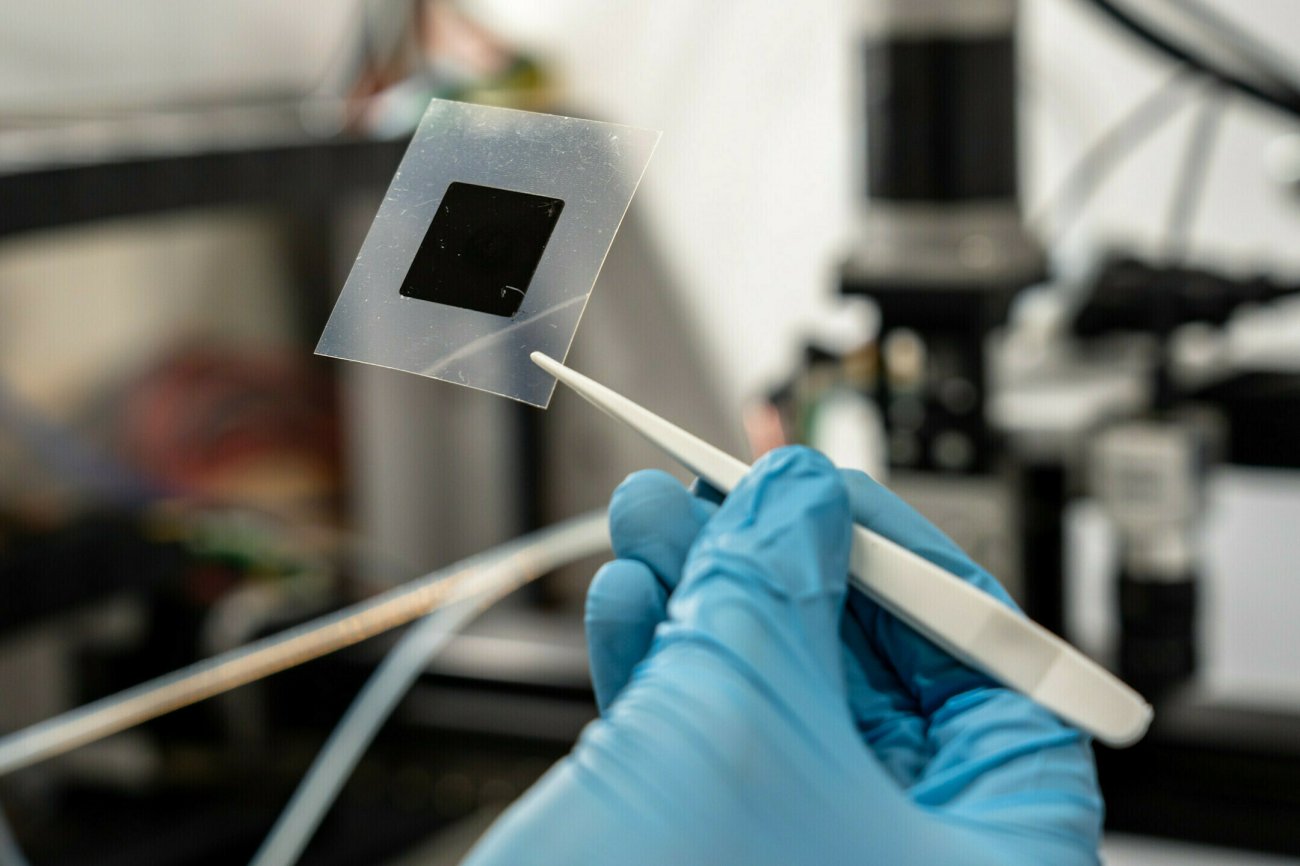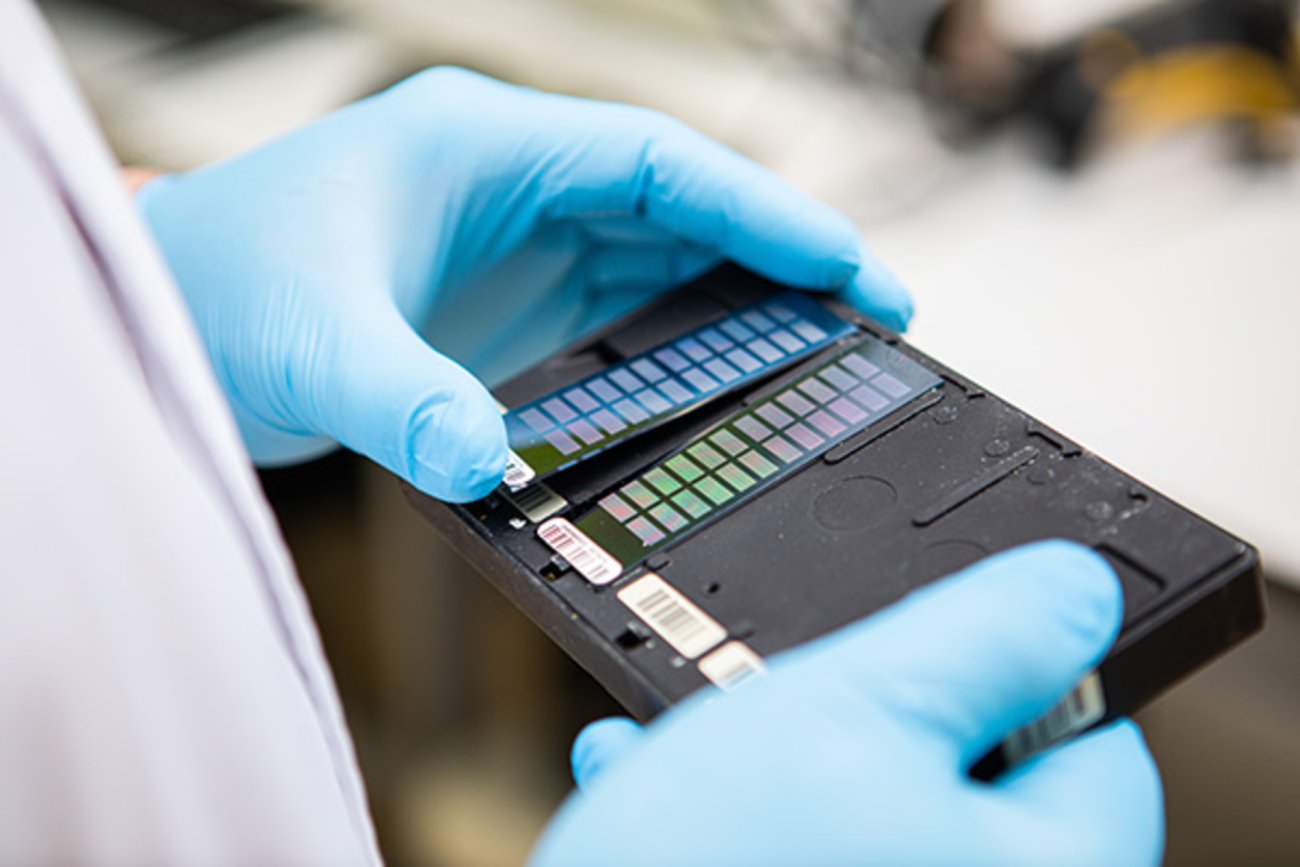Estonian centres of excellence in research
Centres of excellence bring together high-level research teams that work on close research themes to conduct high-level international research and to develop and apply innovative ideas. The centres lay the foundation for strengthening the cooperation and competitiveness of Estonian research in the European Research Area.
The work of centres of excellence is funded by the European Regional Development Fund and from the state budget of Estonia.
The University of Tartu is the lead partner in six centres of excellence and a partner in four centres.
Funding period: 1 January 2024 – 31 December 2030
- Center of Excellence in Sustainable Green Hydrogen and Energy Technologies
- The Estonian Centre of Excellence in Artificial Intelligence
- Centre of Excellence for Personalised Medicine
- Estonian Roots: Centre of Excellence for transdisciplinary studies on ethnogenesis and cultural diversity
- Estonian Center of Excellence of Well-Being Sciences
- Centre of Excellence of Sustainable Land Use
- Centres of excellence in which the University of Tartu is a partner

Head: Professor of Physical Chemistry Enn Lust
Partner: Tallinn University of Technology
The centre of excellence brings together world-class green energy technology research teams in Estonia. The centre will focus on developing novel high-density fuel cells, electrolysers, batteries, supercapacitors, thin-film hydrogen storage materials, efficient light sources, and environmentally friendly and cost-effective thin-film photovoltaic cells for integration into buildings.
A demo centre will be set up to showcase advanced hydrogen and energy generation and storage devices, demonstrate them in operation and cooperate with companies to find ways to produce new devices and launch technologies to market. The competitive edge of the centre of excellence is the novel computational and cutting-edge ‘in operando’ techniques based on synchrotron and neutron radiation for the study of devices and materials under realistic conditions. The centre of excellence will train bachelor’s, master’s and doctoral students, research and development experts and policymakers.

Head: Associate Professor in Machine Learning Meelis Kull
Partners: Tallinn University of Technology, Cybernetica AS
The centre of excellence will advance innovative methodologies to develop reliable artificial intelligence systems. These methodologies are applied to further AI capabilities in key Estonian sectors, including e-governance, healthcare, business process management, and cybersecurity.
The use of foundation models, such as large language models, increases the ability of AI to interpret complex data and generate solutions. The centre of excellence aims to advance innovative methodologies to leverage foundation models in building efficient and trustworthy analysis and prediction systems; implement control mechanisms and guardrails to ensure that the advanced AI systems follow their specifications; adapt and enhance AI systems to improve for improved performance of applications; and ensure the security and privacy of AI systems.

Head: Professor of Bioinformatics Reedik Mägi
Partners: Tallinn University of Technology, Protobios OÜ and Competence Centre on Health Technologies
The Centre of Excellence for Personalised Medicine focuses on preventing and alleviating health problems in an ageing population. The centre’s researchers will create risk models for predicting diseases, considering the individual’s origin, environment and culture, and look for disease-associated biomarkers. Special attention is given to issues of population involvement – to introduce personalised medicine, it is essential that people understand their central role and responsibility in keeping healthy. For example, the researchers will look into what people expect from the medical system and what steps they are willing to take to maintain their health.

Head: Professor of Archaeogenomics Kristiina Tambets
Partners: Tallinn University of Technology, Estonian Literary Museum
In the centre of excellence, researchers of the humanities and scientists cooperate to clarify the formation of cultural and genetic diversity in Estonia and neighbouring areas. The centre of excellence focuses on evolution – change in time and space – in its diverse manifestations. To this end, a new transdisciplinary framework for studying the interactions between people, cultures, and environment will be created, integrating different fields of research and methodologies. The centre of excellence will explore the processes that have shaped the peoples and cultures of the eastern shore of the Baltic Sea since the first arrivals of people after the Last Glacial Maximum to the present in a novel areal and ecological context. The research will map human populations and cultural phenomena and the abiotic (climate) and biotic (plants, animals) factors that have influenced them. Relying on precise data from archaeogenetics, studies of culture and linguistics, and paleoecology, the researchers will generate new detailed knowledge on the evolution of the population and the unique culture of these areas in the European context.

Head: Associate Professor of Affective Psychology Andero Uusberg
Partners: Tallinn University of Technology, Tallinn University, The Estonian Institute for Health Development
The centre of excellence will bring together social and natural scientists who study people and the contexts in which they operate to find new methods to measure, understand and influence human well-being.
Well-being is a state reflecting how people’s basic needs are met. Improving well-being in society is both an end in itself and a means to foster economic growth, democracy, societal resilience and other values of society. Increasing well-being requires an interdisciplinary approach because well-being depends on a number of internal and external factors at biological, psychological, and social levels of analysis, forming a complex system. Researchers of the centre of excellence will study the following:
- Which bio-psychological and socio-spatial characteristics are associated with more stable components of well-being, such as satisfaction with life?
- How are dynamic components of well-being, such as emotions, instantiated within individuals?
- How do individuals understand and manage their well-being in self-care ecosystems?
- How to improve well-being using targeted and tailored interventions?

Head: Associate Professor of Geoinformatics Evelyn Uuemaa
Partners: Estonian University of Life Sciences, Centre of Estonian Rural Research and Knowledge
The centre of excellence aims to identify links between biodiversity and carbon flows and integrate the new knowledge with satellite data into machine learning models that can be used to inform land use planning decisions for policymakers, landowners and land users.
As a scientifically innovative approach, the researchers will analyse the complex relationships and adaptation mechanisms between biodiversity indicators, carbon stock, sequestration and greenhouse gas emissions at small spatial scales. The knowledge will then be transferred to the level of the community, ecosystem and landscape, using spatial data (including satellite data) and machine learning-based spatial modelling combined with socioeconomic analysis. Innovative scientific approaches, applicable tools and the integration of the socioeconomic context of landowners and land users will help develop new-generation solutions for land use planning, taking into account biodiversity conservation and restoration and the need to achieve climate neutrality.
The University of Tartu participates as a partner in the following centres of excellence:
- Foundations of the Universe
- Head of the centre of excellence: Martti Raidal (National Institute of Chemical Physics and Biophysics)
- Centre of Excellence in Circular Economy for Strategic Mineral and Carbon Resources
- Head of the centre of excellence: Tenured Associate Professor Riina Aav (Tallinn University of Technology)
- Centre of Excellence in Energy Efficiency
- Head of the centre of excellence: Tenured Full Professor Jarek Kurnitski (Tallinn University of Technology)
- Agroecology and new crops in future climates
- Head of the centre of excellence: Professor Ülo Niinemets (Estonian University of Life Sciences)



